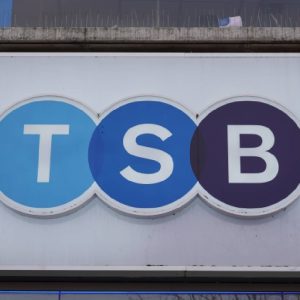According to the Bank of England, the prospects for output growth abroad have deteriorated and the disruption to global financial markets has continued. In the UK, credit conditions for households and businesses are tightening. Consumer spending growth appears to have eased.
Although the substantial fall in the sterling exchange rate is likely to promote re-balancing of total demand, output growth has moderated to around its historical average rate and business surveys suggest that further slowing is in prospect. These developments pose downside risks to the outlook for inflation.
The bank has reported that consumer price index (CPI) inflation, at 2.1% in December 2007, was close to the 2% target, but higher energy and food prices are expected to raise inflation, possibly quite sharply, in the coming months. And the lower level of sterling will boost import costs. The impact on inflation should begin to fade later in the year, but measures of inflation expectations are currently elevated. These developments pose upside risks to the outlook for inflation further ahead.
Given this outlook for inflation, some slowing of demand growth, by reducing the pressure on capacity, is likely to be necessary to return inflation to target in the medium term. The committee needs to balance the risk that a sharp slowing in activity pulls inflation below the target in the medium term against the risk that elevated inflation expectations keep inflation above target. Against that background, the committee has judged that a reduction in bank rate was necessary to meet the 2% target for CPI inflation in the medium term.






